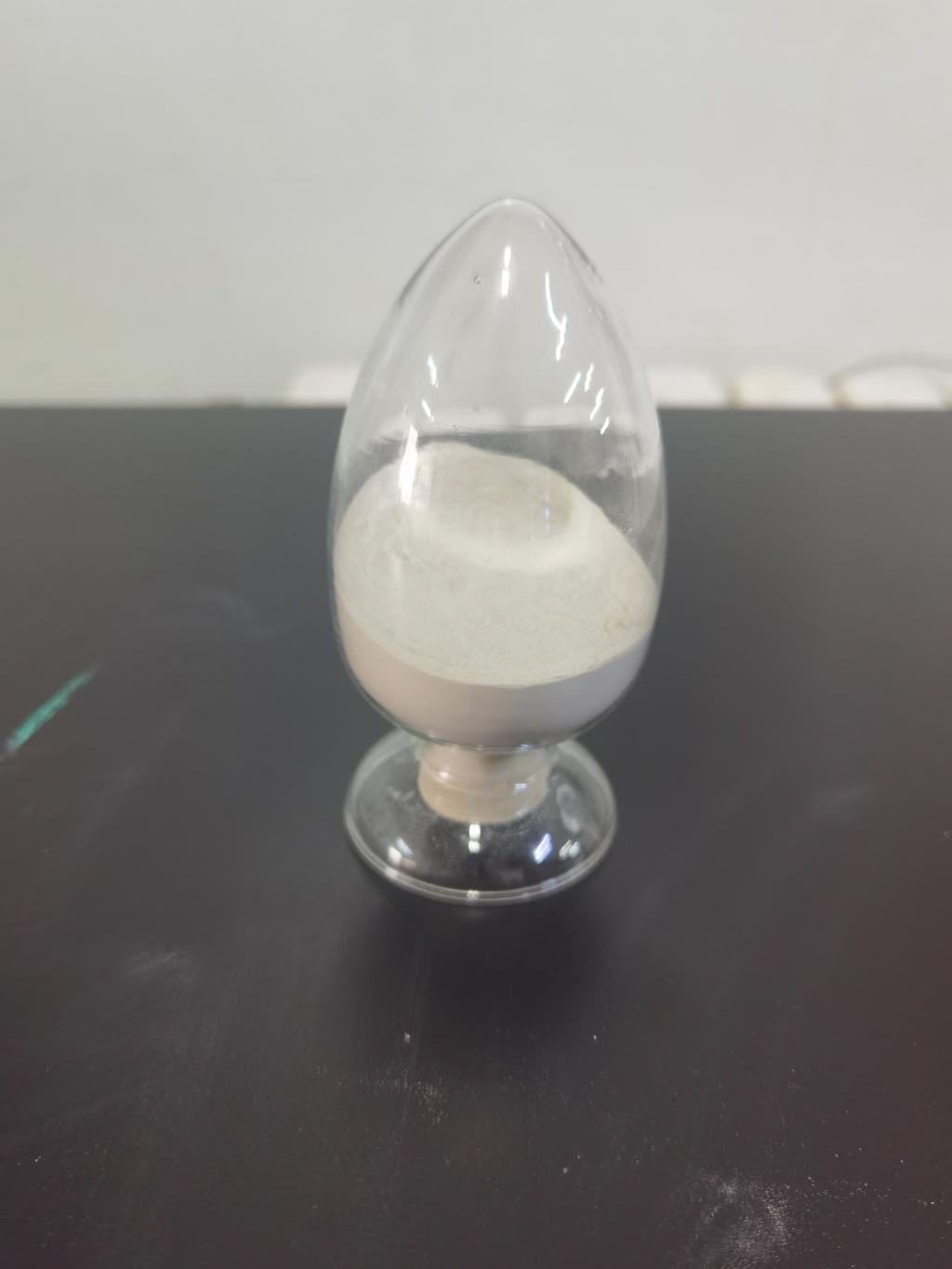Tel:+8618231198596

News
 CONTACT
CONTACT
 CONTACT
CONTACT
- Linkman:Linda Yao
- Tel: +8618231198596
- Email:linda.yao@dcpharma.cn
- Linkman:CHARLES.WANG
- Department:Overseas
- Tel: 0086 0311-85537378 0086 0311-85539701
News
Investigating Nisin's anticancer properties.
TIME:2023-08-01
Nisin's Anticancer Mechanisms:
Nisin's anticancer effects are multifaceted and involve various mechanisms of action, including:
Induction of Apoptosis:
Nisin has demonstrated the ability to trigger apoptosis, a process of programmed cell death, in cancer cells. This mechanism leads to the targeted elimination of malignant cells.
Disruption of Cell Membranes:
Similar to its antimicrobial function, nisin interacts with cancer cell membranes, leading to their destabilization and subsequent cell death.
Modulation of Signaling Pathways:
Nisin interferes with critical signaling pathways involved in cancer cell growth and survival, exerting inhibitory effects on tumor progression.
Immune Modulation:
Nisin's potential to enhance the body's immune response against cancer cells suggests a role as an immunomodulatory agent in cancer therapy.
Preclinical Studies on Nisin and Cancer:
In Vitro Studies:
In vitro studies using cancer cell lines have revealed promising results, indicating that nisin effectively inhibits the growth and proliferation of various cancer types, such as breast, colon, prostate, and liver cancers.
In Vivo Studies:
Preclinical animal studies have further supported nisin's anticancer potential, showing its ability to suppress tumor growth, reduce metastasis, and improve survival rates in mouse models of cancer.
Synergy with Conventional Cancer Treatments:
Nisin has shown potential synergistic effects when combined with conventional cancer treatments like chemotherapy and radiation therapy. This combination approach may enhance the overall anticancer efficacy and overcome treatment resistance.
Safety and Bioavailability:
Nisin's safety profile is well-established, having been used as a food preservative for many years. However, achieving optimal bioavailability for therapeutic purposes remains a challenge that requires further investigation.
Potential Applications in Cancer Treatment:
Adjuvant Therapy:
Nisin may serve as an adjuvant therapy to enhance the effectiveness of existing cancer treatments while reducing associated toxicities.
Prevention:
Nisin's ability to induce apoptosis in cancer cells also suggests preventive potential, inhibiting the early stages of cancer development.
Metastasis Suppression:
Given its ability to inhibit tumor metastasis, nisin holds promise in managing advanced cancer stages.
Future Directions:
Despite promising preclinical data, several research gaps need to be addressed before nisin can be considered a mainstream anticancer therapy. These include determining optimal dosing, resolving bioavailability challenges, and conducting extensive clinical trials.
Conclusion:
Nisin, known primarily for its antimicrobial properties, is now emerging as a potential anticancer agent. Its ability to induce apoptosis, disrupt cancer cell membranes, and modulate signaling pathways presents exciting possibilities in cancer treatment. However, more research is required to establish its safety and efficacy in clinical settings. Collaborative efforts among researchers and healthcare professionals are essential to unlock the full potential of nisin as a novel and effective therapeutic option in oncology.
- Tel:+8618231198596
- Whatsapp:18231198596
- Chat With Skype







